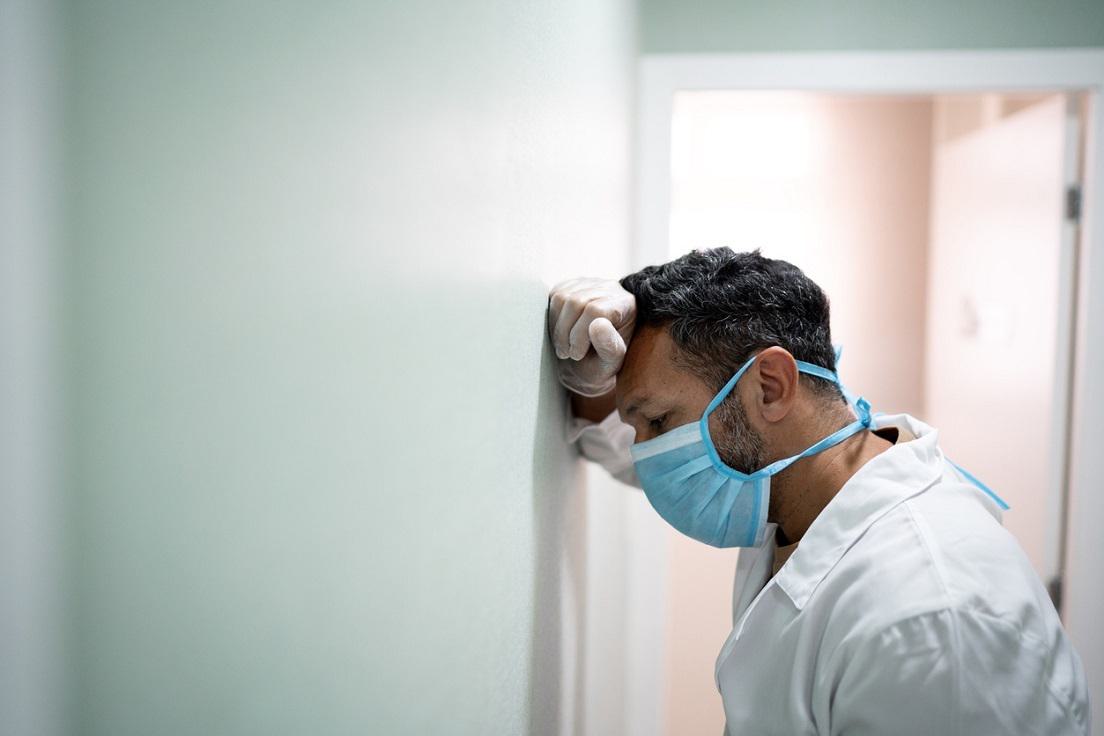What constitutes medical malpractice, and how do I take legal action?

If you were ever negatively impacted by a healthcare error, you may have thought about exploring your legal options, but then questioned yourself as to whether it truly fit the definition of “malpractice.” What constitutes a bona fide medical malpractice case and how do you pursue it? A recent article in verywell health shared some important information.
What is Medical Malpractice?
Medical malpractice is a type of professorial negligence that leads to injury or death. It is committed by one or more healthcare professionals, such as a doctor, nurse, hospital worker, dentist, or similar provider. While these individuals’ roles sometimes differ in a medical setting, they share one common attribute: they each have had specialized training and a responsibility to meet a certain standard of practice. When that standard is not met, it can cause harm or even death and is then subject to legal recourse.
What are Types of Medical Malpractice?
Some types of medical malpractice include giving the wrong diagnosis and ignoring or misreading lab results. Unnecessary surgery, surgical errors, and failing to perform proper care after a procedure may also fall within this category. Prescribing the wrong medicine or dosage could also be malpractice.
The Elements of a Medical Malpractice Lawsuit
When you file a lawsuit for one of the actions above, you are now known as the plaintiff. The subject of your lawsuits are the defendants, which can be a doctor, nurse, hospital/healthcare facility, or any combination of these providers.
As a part of your case, you will need copies of medical records, financial records showing what you have spent or lost because of your injuries, and witnesses that can attest to your experience. In Pennsylvania, the statute of limitations for you to file a medical malpractice lawsuit is two years, however, this time frame is extended for a minor until he or she reaches the age of majority, and families may file a case on behalf of a loved one who has passed away.
The evidence gathered to support your case must establish that the injury was the result of negligence and not simply an accident. Negligence is defined by the Legal Information Institute as “the failure to behave with the level of care that a reasonable person would have exercised under the same circumstances.” Since not all medical procedures and treatments are successful, it is sometimes difficult to establish that the provider acted negligently.
While there is a good amount of evidence that must be compiled, and the burden of proving negligence is often challenging, having a top Philadelphia medical malpractice lawyer take your case will go a long way in prevailing. Tom Duffy has obtained recoveries and settlements from most of the large teaching hospitals and universities in the Philadelphia area. Please contact us to see if he can help you, too.

